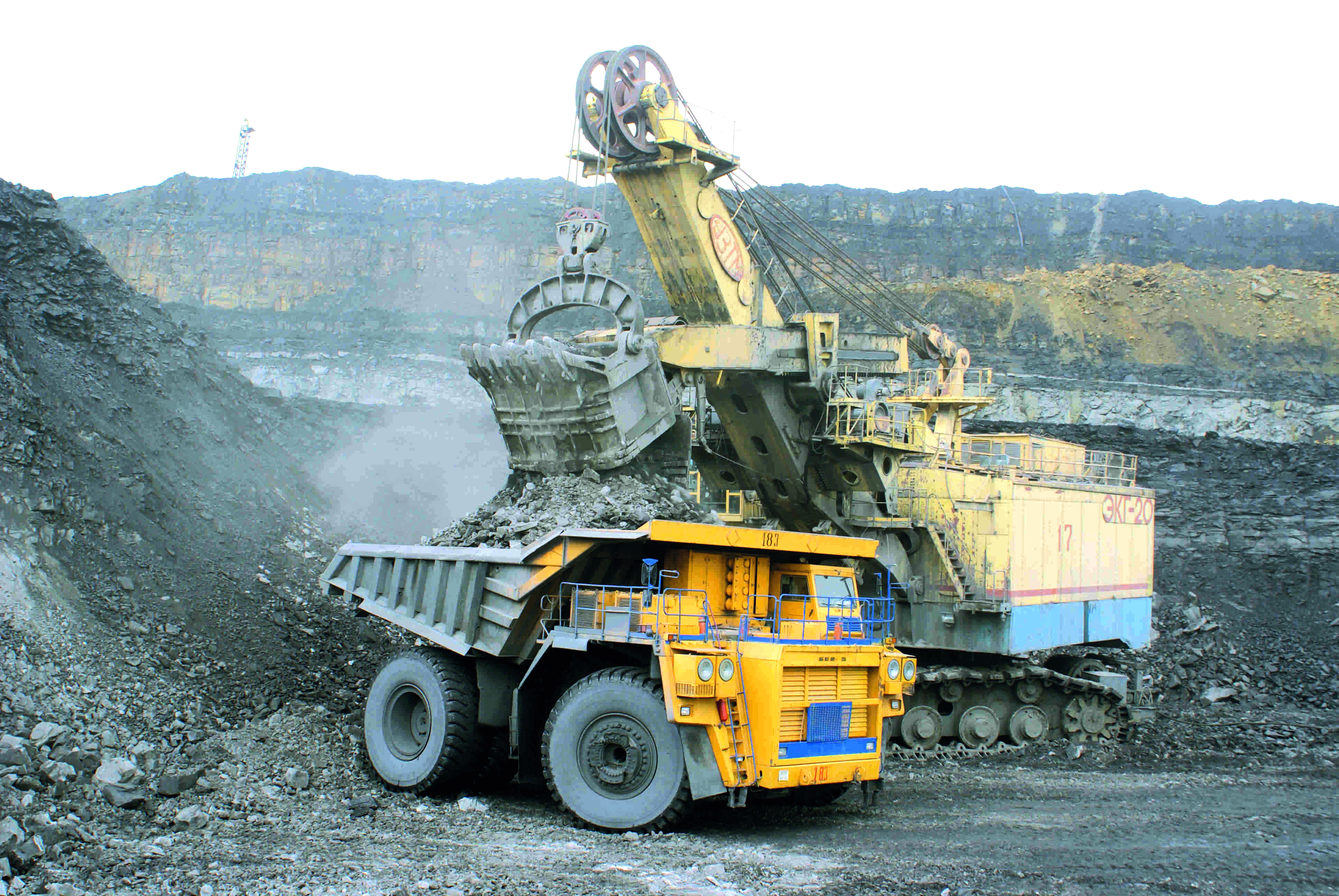Study underway to assess aspirations of youth working in coal sector in state

A perception study commissioned to have a clear understanding of the aspirations of the youths working in the coal sector in Bengal, when it comes to transition to alternative livelihoods is expected to be over in a month.
The study assumes significance with the country as it is committing to achieve net zero emissions by 2070 that rests primarily on transitioning its economy to clean energy sources.
Bengal is a crucial part of India’s coal belt and is home to Raniganj coal fields, which is the country’s oldest coal field where mining started nearly 250 years ago. The state has about 11 per cent of the national coal reserves with coal alone accounting for 99 percent of extracted minerals in the state.
The study is being done by Just Transition Research Centre, IIT KANPUR A similar study highlighting the perception of 6000 workers across the coal belt and thermal power plants in Jharkhand has revealed that one in every three coal workers prefer agriculture as an alternative livelihood.
Pradip Swarnakar, Department of Humanities and Social Sciences and Founder and Coordinator, Just Transition Research Centre, Indian Institute of Technology, Kanpur involved in the perception study said: “It is very important to understand the aspirations of the youth and the next generation. Who wants to stay in this sector and who does not and why. And where would they like to go if they are not keen to remain in this sector when we are talking of just transition. People’s aspirations are ultimately a function of their exposure.”
“Achieving this transition will require balance and time as revenue losses could reach upto 30 per cent. So, to find alternatives for revenue generation, it is necessary to consider the differences between states. Bengal has lower renewable energy potential than Jharkhand. Furthermore, coal mining is a primary source of income for Bengal and there are limited alternatives to replace it. Therefore, it is crucial to invest in physical infrastructure to facilitate new industries.” Prof. Runa Sarkar, Indian Institute of Management, Kolkata said.
Ahuti Swain, Director (Personnel), Eastern Coalfield Limited said that this is an opportunity to develop industries that are not coal based… or other PSUs or other industries who can generate more employment.
“There needs to be an alternative for fossil fuels. This needs to be prioritised, given that coal is being used in many of the industries, like cement, fertilisers and steel, and other industries too,” she added.



